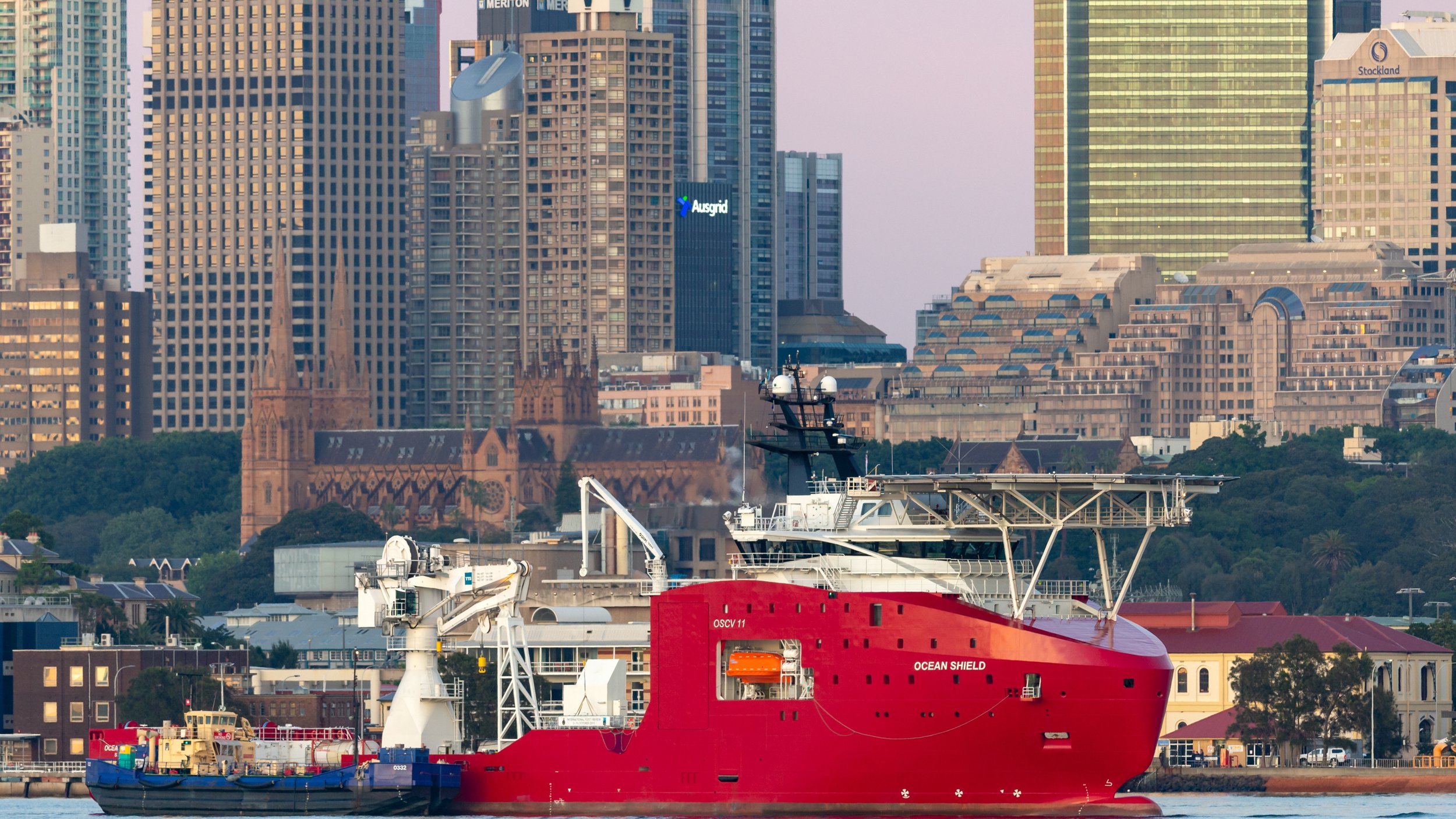Exposing Labor's border security failures
a growing number of border threats and illegal boat arrivals, together with an under-strain frontline border defence workforce, are the entirely foreseeable consequences of labor’s decision to cut border security funding and change the coalition’s border protection policies. by james paterson.
First published in The Daily Telegraph
Over the last fortnight Senate estimates hearings have confirmed a situation at Australia’s borders which is as indisputable as it is concerning: border threats, illegal boat arrivals and demand for defence assets have all increased. And yet funding and resources are down.
Labor was elected to office after making many big promises on national security, including promising to match the previous government’s approach to border protection.
Despite this rhetoric, a year into the Albanese Labor government’s term it is now clear cracks have started to emerge in Australia’s border security.
This deterioration was not inevitable, but it is the entirely foreseeable result of Labor’s changes to border policy.
It is a case of history repeating itself. Just as the previous Rudd Labor government also came to office talking a big game on border security, but left a mess for the Abbott government to clean up six years – and several failed border policies - later.
The deterioration of Australia’s border policies began in February, when the Albanese government confirmed it would end the use of Temporary Protection Visas, which has been one of the key pillars of Operation Sovereign Borders. As well as starting the unravelling of Australia’s complex border security tapestry, it also confirmed in the minds of those looking to exploit any hint of weakness that Labor doesn’t really believe in its own border policy.
The proof of Labor’s lack of commitment to strong border security was laid bare in its own Budget in May, and made obvious during the fortnight of Senate estimates hearings which followed.
Across two weeks of estimates hearings witnesses confirmed time and again that Labor’s Budget has cut funds from border security and increased pressure on frontline assets defending our shores, ports, and airports.
Total resourcing for the Department of Home Affairs has been cut by $1.1 billion in 2023-24 compared to the funding the previous government had allocated for that same financial year.
The Home Affairs department was created in 2017 to consolidate the government’s response to all aspects of domestic national security, and as the lead agency on all matters relating to border security. Any cuts to its operations risk negative consequences at our borders.
The Commissioner of the Australian Border Force testified that ABF’s resources were already “stretched”, just as risks to Australia’s border security continue to increase. The men and women on Australia’s border are dedicated and hardworking, but are now being asked to do more with less.
These budget cuts in Home Affairs are just one part of a broader set of cuts to areas of national security. The 2023 budget confirms a cut of almost $28 million to funding for cyber security, whilst the Australian Signals Directorate, our offensive and defensive cyber agency, confirmed to the Senate cuts totalling $21.6 million. Our domestic security agency, ASIO, has lost $2.8m.
However, these amounts are dwarfed by the planned, cumulative cuts of $600 million over the forward estimates to Australia’s border security.
Any cut to border security is concerning, but these losses are coming at a time when Australia is facing its most dangerous strategic environment since World War II, and when resources for Operation Sovereign Borders are being pushed to breaking point. Rear Admiral Jones, the commanding officer of OSB, confirmed to the committee they were facing one of the most intense operational tempos in a decade.
Since Labor was elected, eight boats and 209 people have attempted to reach Australia by sea. Evidence given to estimates by the Australian Defence Force confirms these numbers are expected to rise.
Prior to the election in 2022, the Royal Australian Navy suppled five patrol boats and one large-hulled vessel to Operation Sovereign Borders. Last week Chief of the Defence Force General Campbell confirmed that in 2023 the Navy was providing five patrol boats and three warships to this operation, as well as additional aircraft conducting maritime surveillance over Australian waters.
The only conclusion which can be drawn from this increased demand on the ADF is that since the Labor government’s change of policy there has been an increase in concerning activity on our maritime borders, requiring increased assets to defend us.
Yet the government’s response to these threats has been cuts across all aspects of national security.
As in the past, Labor’s failures on border security will have real costs in resources, real consequences for our national security, and most tragically may once again result in suffering on our waters.
The lesson of the last twenty years is that border security is complicated, and requires multiple policies to work together, backed up by a strong-willed government which believes in a strong national border.
Labor’s policy changes have already upset this balance, and their funding cuts across all aspects of national security have clearly demonstrated their lack of will and determination; bluntly, border security is not a priority for the Albanese Labor government and their own budget has proved it.
Join Senator James Paterson and the Hon Andrew Hastie MP as they discuss our national security challenges at a Menzies Research Centre National Security Network Breakfast event on 13 June. Senator Paterson is the Shadow Minister for Home Affairs and Cyber Security. Register here


